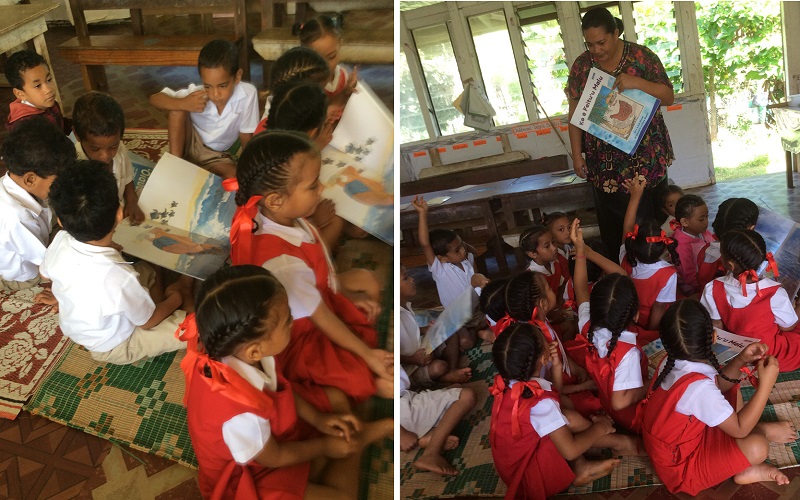
In Tonga, as elsewhere, while girls have difficulty accessing education and are more likely than boys to be out of school, particularly at the primary level, it becomes a boys’ problem as education progresses. Therefore, increasing attention is being paid to the issue of boys’ underperformance and disengagement in school, and their involvement in crime/gangs and high levels of unemployment. As a result, a pathway for increasing boys’ educational outcomes is essential in Commonwealth countries like Tonga.
To better understand the complexity surrounding this social issue, the Commonwealth of Learning (COL) undertook a Study on the Underachievement of Boys in Tonga to investigate factors affecting boys’ participation, performance, and learning outcomes in school. The study is crucial for developing intervention strategies to help reverse this trend, promote gender equality and, thus, better learning outcomes for boys.
The research study engaged over 450 stakeholders through surveys and interviews with parents, teachers, boys, staff of the Ministry for Educational and Training and community members. The recommendations from survey participants included:
- Stakeholder collaboration at all levels.
- Establishing counselling programmes in schools (students and teachers).
- Scholarships and support for families.
- Strengthening legislation/policies for compulsory attendance.
- Supporting out-of-school boys to return and complete compulsory grades.
As part of the research, it was noted the most unexpected finding from the research was that “40 per cent of the survey respondents (453) did not believe that boys are underachieving in school. If we add on the 17 per cent who were neutral, that would make it 57 per cent. Given this survey finding, an important question is, ‘What counts as educational outcomes in the Tongan context?’”
The researcher’s recommendations include:
- A National public awareness campaign to focus attention on the issue of boys’ underachievement in education.
- Revisit what counts as educational outcomes in the context of Tonga.
- Aligning reform strategies to address gender equality to ensure complementarity with those of the Tonga Education Strategic Policy Framework.
COL’s Gender Adviser, Mig Alphonso, noted, “This research is extremely important since it highlights the need to continually assess the ways in which gender equality plays out as society evolves, and the necessity to be diligent in actively engaging all stakeholders to address it.”


